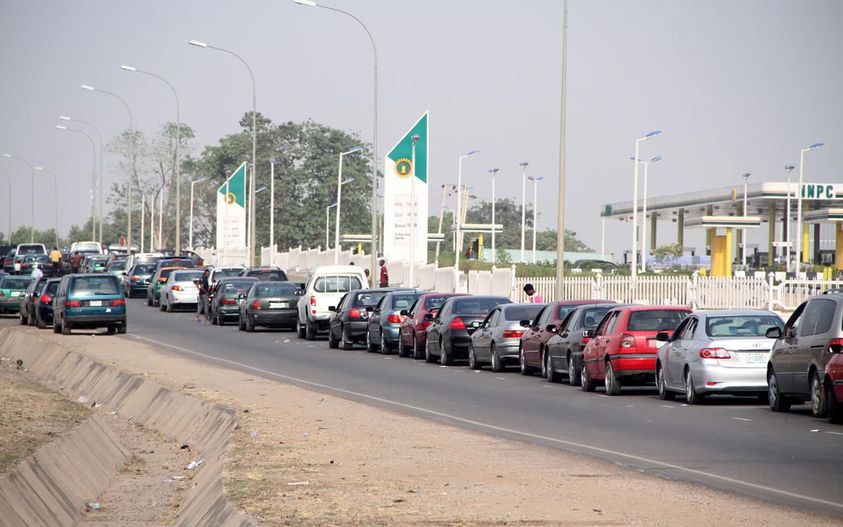There are no products in your shopping cart.
| 0 Items | £0.00 |


Ayo Akinfe
[1] Do you know that exactly 185 years ago on July 20 1837, Euston railway station opened in London as the terminus of the London and Birmingham Railway. It was London's first inter-city railway station and the country has never looked back since. Nigeria needs to do likewise as she is currently at that kind of crossroad
[2] They say necessity is the mother of invention. Our economy cannot sustain the widespread use of private automobiles any longer as the government can no longer afford to subsidise petrol, so something has to give. I say move at least half of our current road journeys on to rail within the next eight years and discourage the use of private cars
[3] President Tinubu should propose a comprehensive rail network to be constructed across the country over the next 20 years linking all 36 states, employing no less than 10m people. This will also involve the manufacturing of carriages, tracks, signal boxes, equipment, etc. Imagine the economic impact of such a programme
[4] As part of this plan, Lagos to Abuja should be linked by a Maglev bullet train running at a speed of about 500km per hour, enabling the journey to be made in under two hours. With time, this service will be extended to other major routes like Lagos-Kano, Lagos-Port Harcourt, Kano-Port Harcourt, Abuja-Calabar, etc
[5] High speed trains running at no less than 300km will connect all 36 state capitals to a national network. Then, standard gauge regular rail services running at speeds of between 60km and 100km per hour will link state capitals with other towns and cities in the states
[6] I envisage am arrangement whereby the federal government will hold a 20% stake in the national railway service, inviting private sector partners to enter into joint ventures
[7] Currently, 90% of journeys in Nigeria are carried out by road. By 2035, this must be reduced to 40% by moving passengers on to trains
[8] All major industrial concerns being launched, like refineries, ports, mega churches, stadia, shopping malls, etc, will be compelled to add a railway link to their site. Similarly, any urban centre with a population in excess of 2m people will be compelled by law to establish a light railway network at the very least
[9] A national travel card scheme will be launched which enables users to travel on state and federal coaches, buses, trains and marine transport. Also, all freight operators who move their goods on to rail and waterways will get a 20% discount over the next 10 years
[10] Nigeria's railway network is currently made up of 3,505 km of track. By 2035, we intend to increase this by 10-fold to 30,000km. We will also aim to phase out narrow gauge tracks by this time